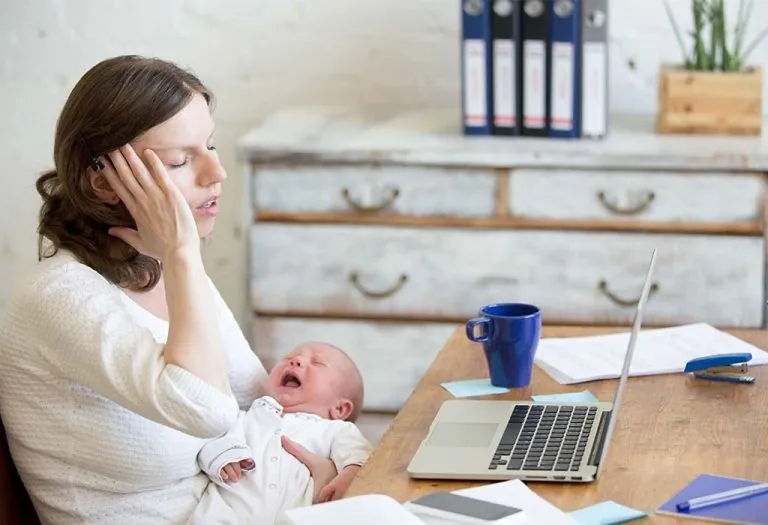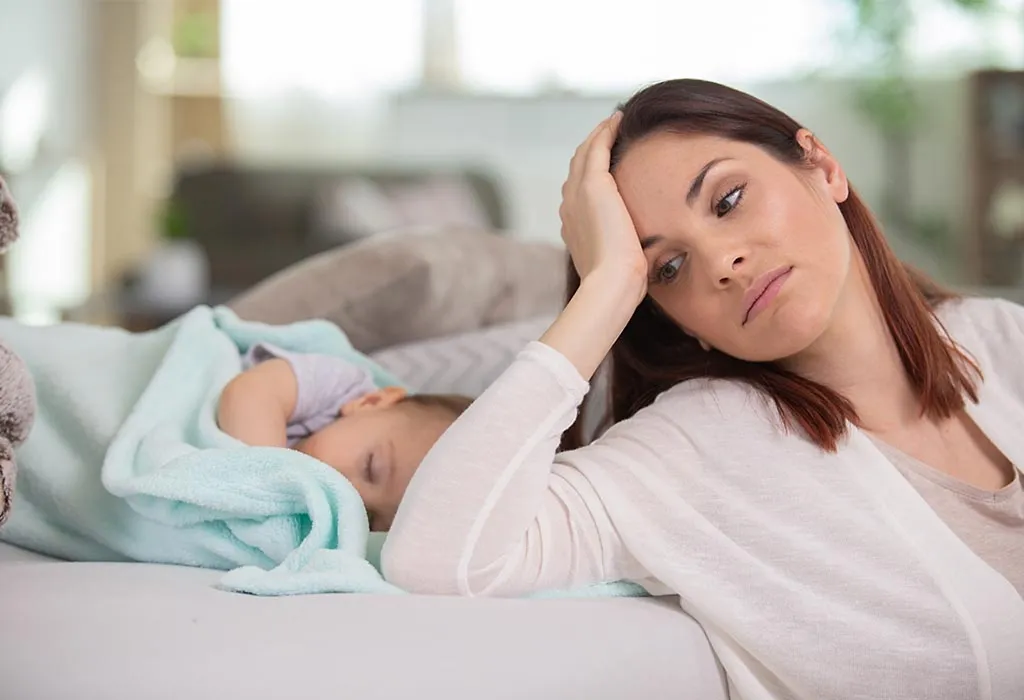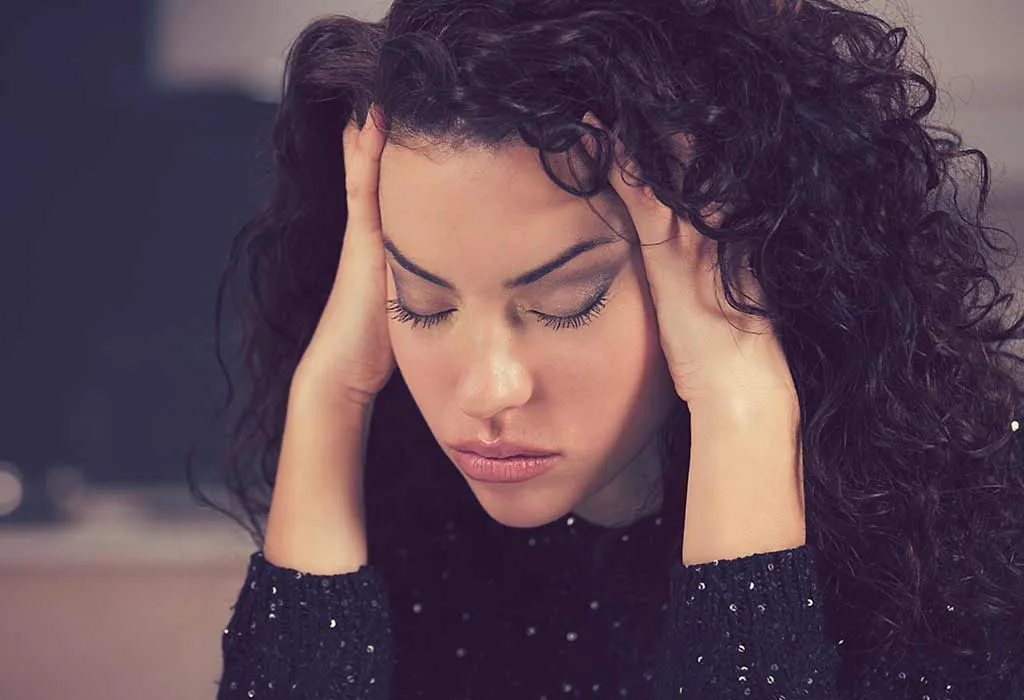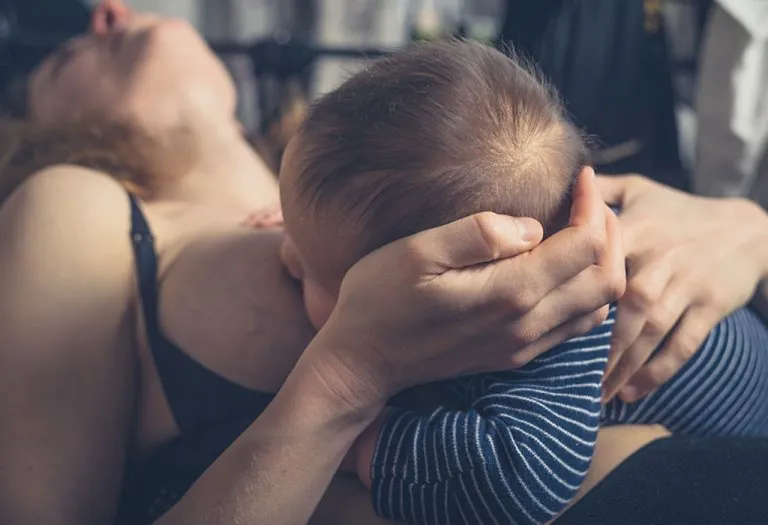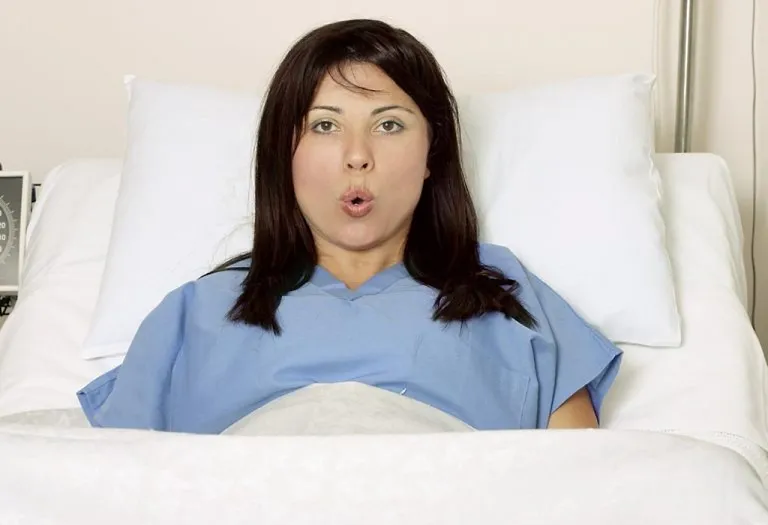Headaches after Delivery – Causes and Remedies
Postpartum headaches happen in most women after childbirth. It’s not very common to sink into depression too when these headaches get severe or not very manageable. These headaches commonly strike women six weeks after delivery.
Are Headaches after Childbirth Common?
If you’re getting headaches 6 weeks after pregnancy, then those are definitely postpartum headaches. And yes, headaches after childbirth are very common in women but most of them have underlying or pathological causes.
What Causes Headaches Post Pregnancy?
Postpartum headaches are a common occurrence after childbirth. They are usually temporary, lasting from a few hours up to a few weeks. Some of their most common causes are listed below.
1. Poor Diet
Poor diet is one of the causes of postpartum headaches. If you’re eating a diet that’s low on natural products and more on preservatives, you’re likely to get these headaches. This is because there’s a compound called tyramine in preservatives that thickens the blood and leads to migraines and dizziness.
2. Too Much Anxiety
Anxiety is one of the biggest reasons for postpartum headaches. If you spend too much time overthinking or drowning in your worries, you’re eventually going to get it. Anxiety also results in excessive fatigue which further leads to headaches.
3. Changes in Your Hormones
Hormonal changes which happen after childbirth are another reason for headaches. It’s part of the process and you may find hormonal changes happening due to the ingestion of oral contraceptives or because you’ve undergone (or are undergoing) hormone replacement therapies.
4. Encephalopathy of Veins
This is a specific medical condition that occurs in women due to abnormally high blood pressure. The best way to treat it is to work on regulating blood pressure levels.
5. Lack of Sleep
Not getting enough sleep is one of the causes of postpartum headaches. Your body is already stressed out post-childbirth and if you don’t get enough sleep, you’re likely to suffer from frequent headaches.
6. Dehydration
Dehydration is known to lead to the development of postpartum headaches in women. This because when you’re dehydrated, blood doesn’t flow properly to the brain, and you don’t get the nutrients and oxygen you need.
7. Osteoarthritis of the Cervical Spine
This is a specific medical condition that causes painful spasms from the spine to the limbs. Discuss with your doctor about this condition.
8. Heredity
If your family has a history of getting postpartum headaches after pregnancy, the chances are high you’ll experience them too.
9. Taking Specific Medications
Taking specific medications or drugs may raise your blood pressure and cause these headaches. Herbal supplements may be responsible too.
10. Side Effects of Anaesthesia
Yes, this is also one of the common causes of postpartum headaches.
Types of Postpartum Headaches
There are mainly two types of postpartum headaches – primary and secondary. Both of them can be classified even further:
1. Primary Headaches
Here are some notes about primary headaches
Primary headaches are not too serious. They last for a while, about 30 minutes or so. These headaches can also be classified under tension headaches and migraines. As far as tension headaches are concerned, the feeling is akin to a band wrapping tightly around the sides of your forehead. Migraines are severe, however, and provide a throbbing sensation that occurs on one side of the head. Some of the symptoms include nausea, vomiting, and even sensitivity to lights and sounds. These symptoms may last for weeks and aren’t very pleasant to deal with.
2. Secondary Headaches
Here’s what you need to know about secondary headaches:
Secondary headaches occur due to underlying medical causes. Two of their most common causes are – postpartum preeclampsia and regional anaesthesia. Preeclampsia headaches are very severe by nature and follow high blood pressure and abnormal levels of protein in the urine. It worsens with physical activity and some of its other symptoms include changes in vision, pain in the upper abdomen, difficulty catching breath, and a reduced urge for urinating. Technically speaking, preeclampsia is a condition that requires immediate medical attention and shouldn’t be overlooked. Secondary headaches caused by regional anaesthesia accompany certain side effects. Postdural puncture headache is a common side effect caused by regional anaesthesia and this is where you get a major headache within a 72-hour window. Other symptoms that accompany this include stiffness in the neck, nausea, vomiting, changes in vision and hearing.
How to Treat Post Delivery Headaches?
Here are some ways to treat postnatal migraines and tension headaches:
- Taking prescription medications will help you treat post-delivery headaches. Some examples of these include Ibuprofen and Acetaminophen. Your doctor may also recommend you to store your breastmilk in a freezer so that your baby doesn’t get affected when you take these medicines.
- Insomnia just worsens your headaches so getting enough sleep is a must. If you can’t block out 8 hours of sleep, try taking multiple power naps throughout the day to get postpartum headache relief.
- Cold packs will relax the muscles in your head and relieve some of the tension stemming from headaches. The good news is you’ll get instant relief once you use them.
- Postpartum tension headaches happen when the blood vessels in your brain dilate and exert pressure on the sides. Caffeine helps to constrict them, thus providing you with enough relief.
- If you have a sensitivity to lights and sounds due to postpartum headaches, your doctor may recommend you to relax in a dimmed and quiet room. The silence will calm your nerves and help you fall asleep more easily.
- Therapeutic massaging works wonders for postpartum headaches. The blood vessels relax, you get more oxygen flowing to the brain, and it’s the perfect way to end your day. Your blood pressure also goes back to normal when you keep massaging every day for a while.
Can You Prevent Postnatal Headaches?
If you’re wondering “How long do postpartum headaches last?”, the answer is they go away on their own if they are a mild case. For more severe cases, your doctor may recommend an MRI scan and a specific treatment. In general, you cannot prevent postnatal headaches outright because it’s part of the natural biological process and response after childbirth.
When to See a Doctor?
You should see your doctor immediately if you experience:
- Headaches immediately after physical activity
- Feel cognitively impaired or notice visual and hearing changes
- Headaches increasing in intensity and accompanying symptoms like fever, nausea, and vomiting
- Waking up from sleep in the middle of the night
The good news is that postpartum headaches don’t last forever. Talk to your doctor about the treatment options, relax, and change your diet for the best results.
Also Read:
Headaches after C-Section: Causes and Treatment
Postpartum Depression: Symptoms and Treatment
How Does Stress Impact Breastfeeding?
Was This Article Helpful?
Parenting is a huge responsibility, for you as a caregiver, but also for us as a parenting content platform. We understand that and take our responsibility of creating credible content seriously. FirstCry Parenting articles are written and published only after extensive research using factually sound references to deliver quality content that is accurate, validated by experts, and completely reliable. To understand how we go about creating content that is credible, read our editorial policy here.





